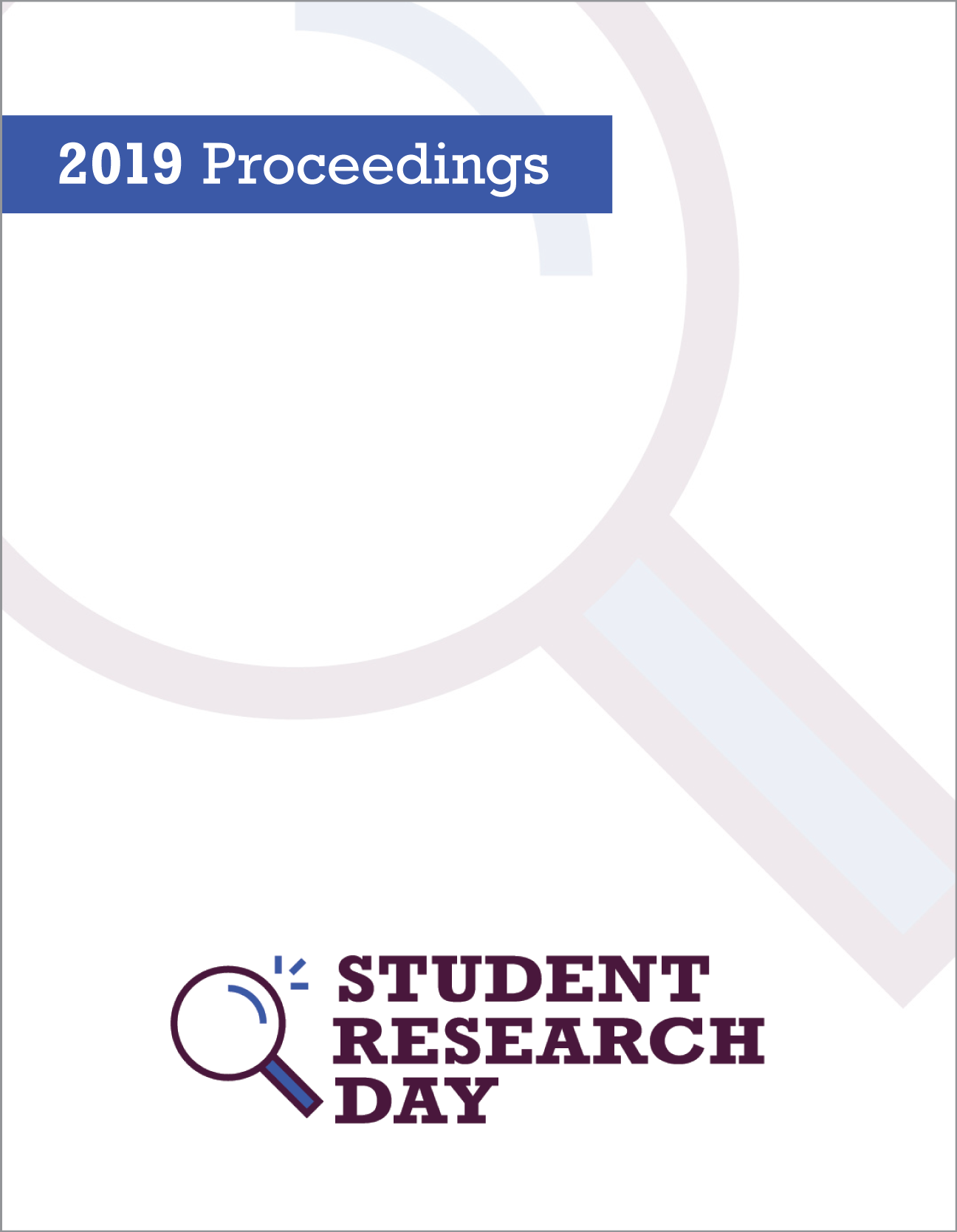The Effect of Earworms on Affect
Abstract
Our study investigated earworms in relation to affect. An earworm is defined as hearing music without currently listening to music. Affect refers to emotions. As the research on earworms is limited, one goal of our study was to confirm and advance prior findings, such as whether or not neuroticism is associated with a heightened occurrence of earworms. We hypothesized that earworms are a type of ruminative thought, which are typically associated with stress and worry. Based on this hypothesis, our specific prediction was that people with higher levels of stress/anxiety would be more likely to experience earworms. To test this prediction, we collected self-report measures from undergraduate students enrolled at MacEwan University. In part one of the study, participants filled out a questionnaire regarding music experience and importance, personality (to assess trait anxiety), and affect (to assess state anxiety). Personality was measured with the Big 5 Inventory (BFI-2-S). A modified positive and negative affect schedule (PANAS) was used to measure affect. For part two, participants filled out the PANAS questionnaire whenever they had an earworm throughout the semester. On two random occasions, participants received an email to fill out the PANAS questionnaire regardless of earworm occurrence. We expect that those who report more earworms throughout the semester will have corresponding higher ratings of stress/anxiety on the modified PANAS and higher ratings of neuroticism on the BFI-2-S. Our research posits reasons for the occurrence of earworms and may support the idea that stress-reduction measures can reduce negative earworm experiences.
Faculty Mentor: Michele Moscicki
Department: Psychology (Honours)
References
Downloads
Published
Issue
Section
License
Authors retain any and all existing copyright to works contributed to these proceedings.



